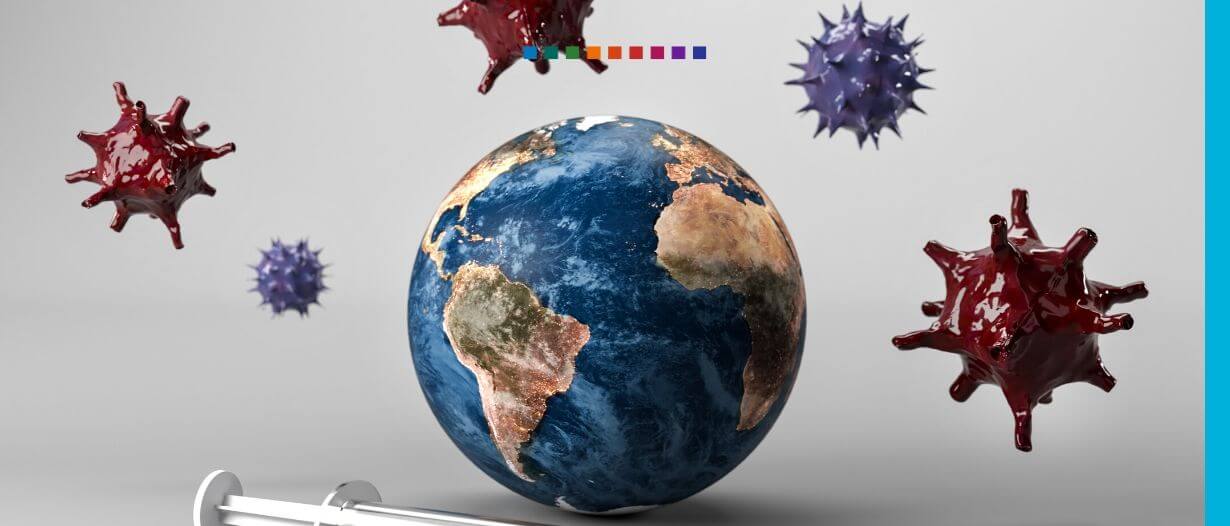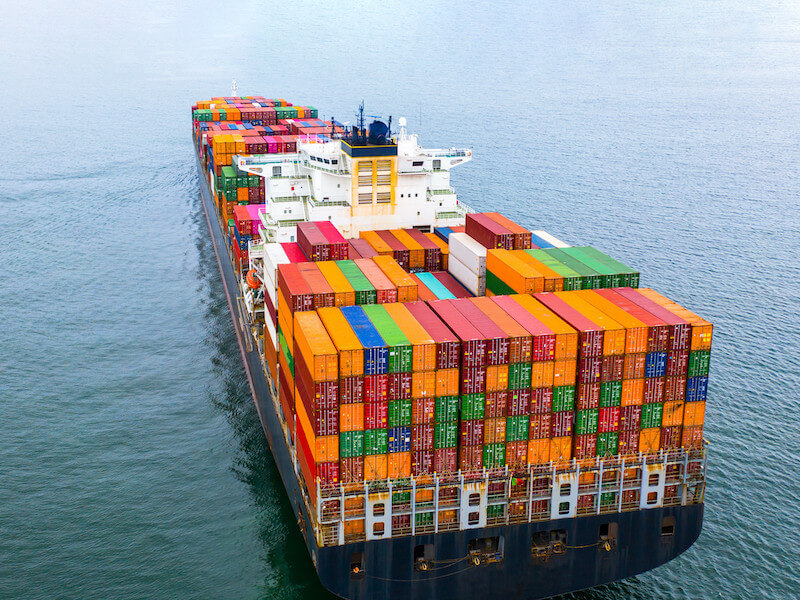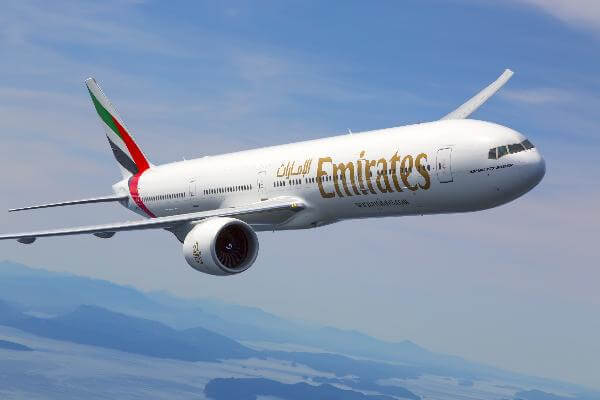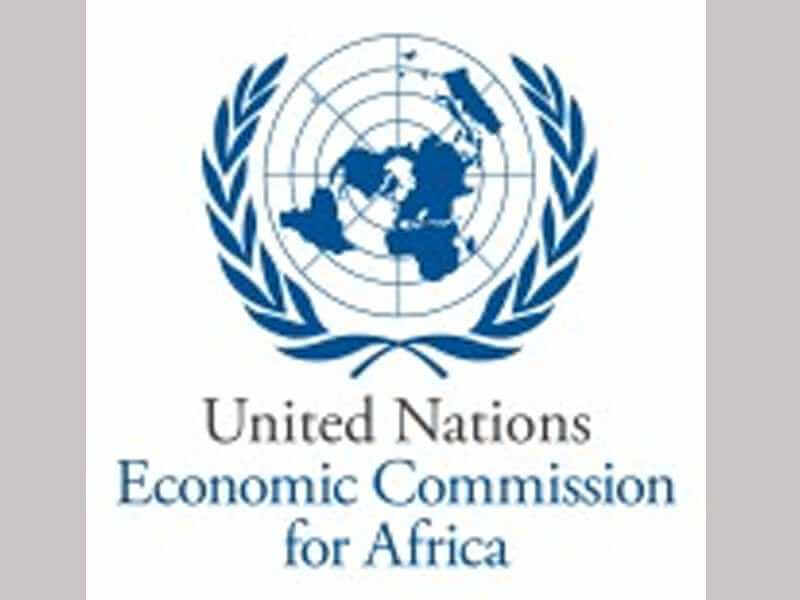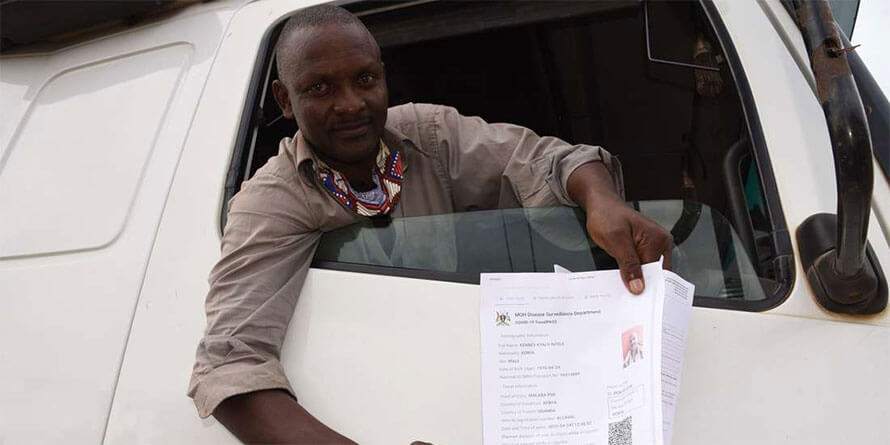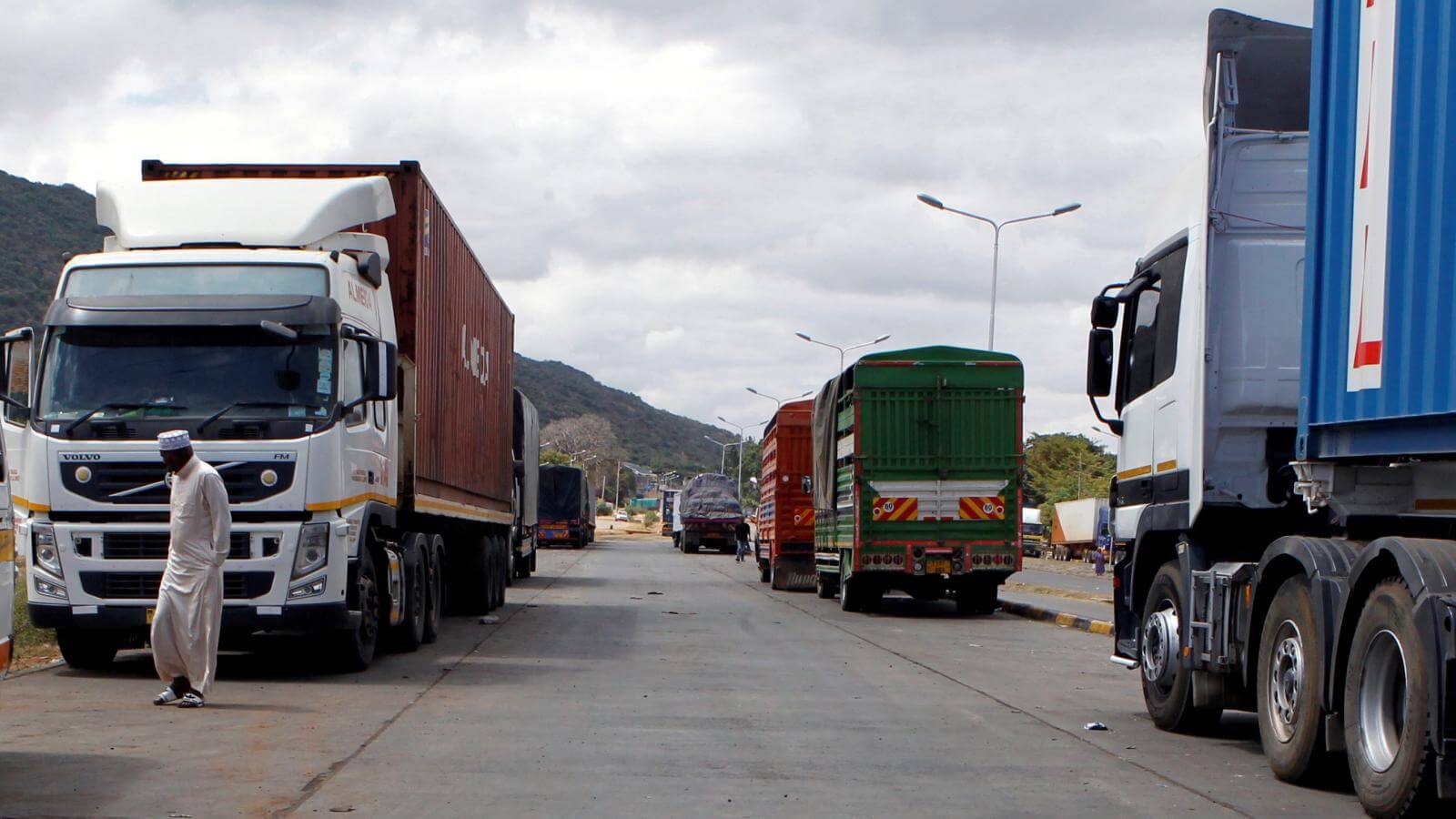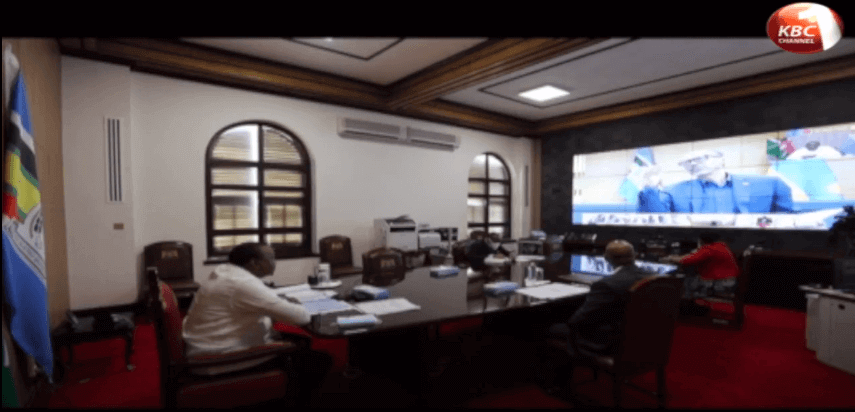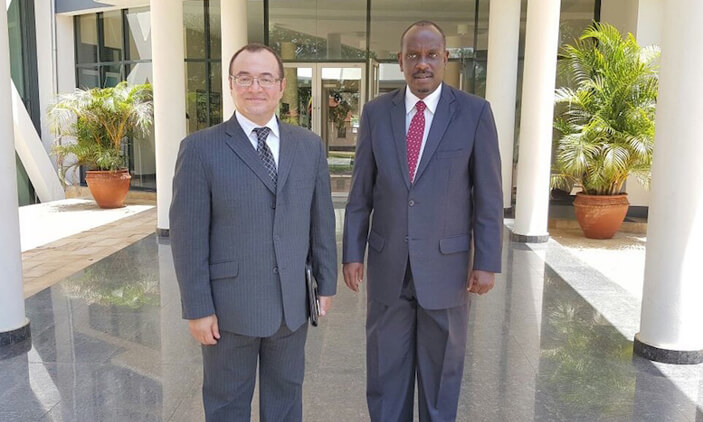COVID-19 and the African trade dynamics Just like other countries in the world, African states were not prepared for the spread of the novel coronavirus. Interestingly and as expected, two powerful African states, Egypt and Nigeria, recorded the first cases of the virus in Africa and sub-Saharan Africa. Of 54 countries in Africa, 53 countries have recorded cases of the virus and only Lesotho is yet to record any. This record in Lesotho has perhaps been linked to a lack of testing materials and not that the country is indeed free from the virus. Source: Wikipedia Trade in Africa has primarily been a case of a producer exporting raw materials to foreign countries for production and the original producer importing the finished products. This situation has seen Africa contribute so much to global trade than it is given credit for. Indeed, Africans have a penchant for foreign goods, without necessarily producing the same goods. Producers who have made what can be referred to as “Made in Africa” products have not reaped much profit as much as their foreign counterparts because the African market is saturated with foreign products. For instance, 75% of the world’s cocoa is sourced from Africa yet Africa imports most of its chocolates. The oil-producing states in Africa contribute significantly to global crude but almost all petroleum products in Africa are imported. Source: World Bank The Economic Development in Africa Report 2019 suggests that the total trade record from Africa to the rest of the world was about US$760 billion between 2015 and 2017 and contributed between 80-90%...
Rejigging Africa’s trade position post COVID19: The AfCFTA option
Posted on: May 27, 2020
Posted on: May 27, 2020

